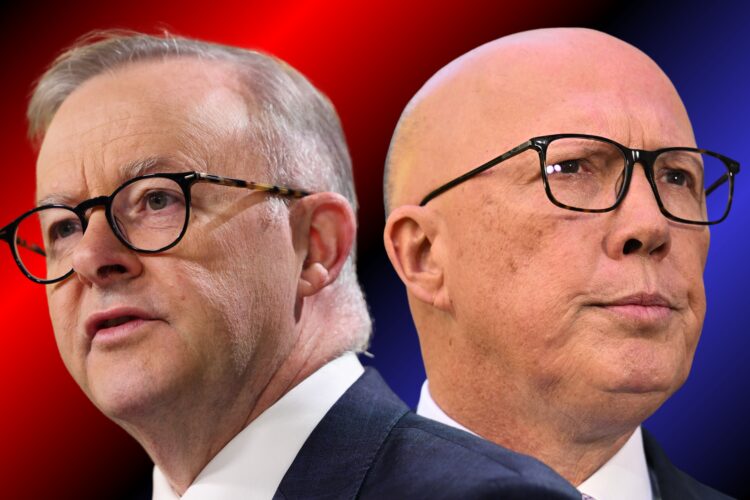Good night – see you tomorrow? (The undecided voters gave the debate to Albanese 44 to 35, with 21 still undecided)
Sky is yet to post who the winner of the debate was, according to the audience. I don’t think I have it in me to listen to Ray Hadley and Bronwyn Bishop and now Sky is saying that the result will be on the Paul Murray show and no one deserves that punishment. (We came back and updated this for you. Because we love you.)
I am going to take a punt and say that it might have narrowly gone to Dutton, who seemed to have his messages (even if they weren’t all true) refined more than he has this campaign. (Update – the Sky viewers gave it to Albanese. Albanese 44, Dutton 35 and undecided, 21)
But also it doesn’t matter. The world was not set on fire by either leader there. What was interesting was the questions the undecided voters went with – many of which fell outside of the Coalition’s campaign. Australia is having an entirely different conversation than its leaders at the moment and that is worth noting.
The Daily Telegraph is reporting Peter Dutton’s father suffered a heart attack and is in hospital, and that the Coalition campaign are not giving out any further details. No doubt it will be a long night for the whole Dutton family, so we hope they are OK.
We will bring you all the events of Day 12 early tomorrow morning, so we hope you get some rest!
Thank you to all of you – and until we see you again, take care of you. Ax


